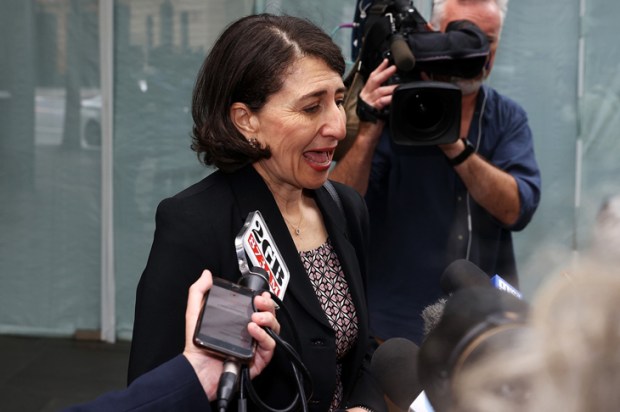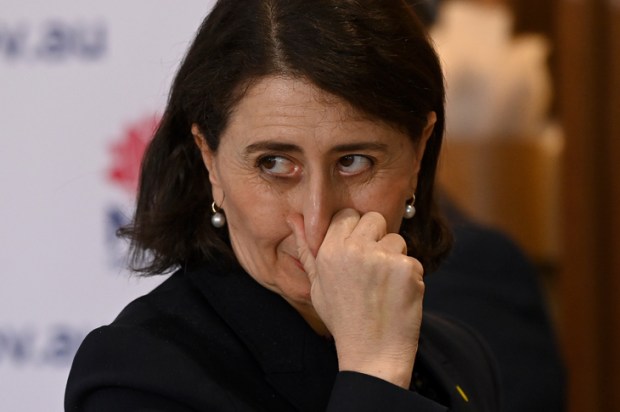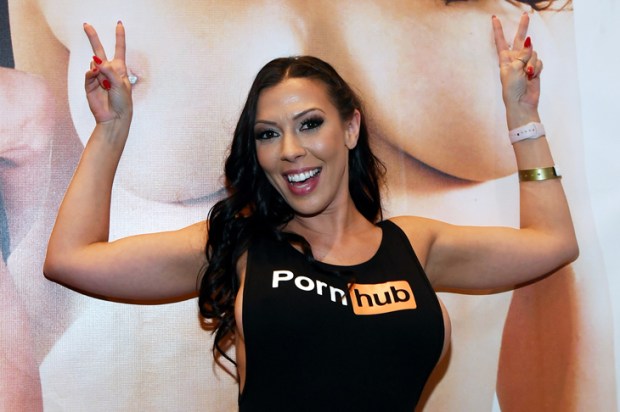In as much as a quirky, irreverent magazine like The Spectator Australia has an ideology, it would be called conservative. In contributing to these pages, I’m here for the quirkiness, not the political template. I don’t get the whole ‘resistance to change’ thing. I enjoy the scent of upheaval in society, the Hegelian dialectic by which old orders fall apart and new threads of progress arise. By definition, the political life of conservatives is problematic. Social change is inexorable, yet they have tasked themselves with holding out against history. Conservatism strikes me as akin to a shotgun wedding: wanting to be resolute and pure, but knowing that some changes are getting too big and obvious to handle.
So please allow an outsider, your benevolent Uncle Mark, to offer a few tips. How should conservatives deal with the inevitability of social change? How does one identify the tipping point at which the preservation of traditional values and institutions becomes unsustainable?
The best guide for a practising politician is to look around them. When the staff and sons and daughters of a Tory MP accept the merits of change, it is wise for the MP to do the same.
This is, after all, how Tony Abbott modernised his views on female labour force participation and the need for paid parental leave. During last year’s election campaign, his three daughters attended several events, testimony to how their father was not some old misogynist fuddy-duddy, but a modern family man attuned to the values of the next generation of Australian women. Abbott paid tribute to their role in bringing him up-to-date on parental leave.
At best, a member of parliament spends just five per cent of his time in direct contact with his electorate, trying to gauge public opinion in person. The rest of his waking hours are spent with family, staff and political colleagues. This second group is the most reliable way for understanding the changing nature of social values. It ensures that a conservative, while instinctively suspicious of modernity, is never out of touch with reality.
The Liberals need to take this approach on another issue: gay marriage. Clinging to the sanctity of heterosexual relationships is a losing fight. The evidence is all around them.
Homosexuality is on the rise in society and the political system is no different. At each election more gays are entering parliament, yet most remain in the closet. This is a terrible repression of individual identity. Indeed, other than the passing of loved ones, there can be few things more traumatic in someone’s life than feeling compelled to hide your sexuality from workmates and friends.
Legalising gay marriage is not just a matter of equal opportunity. It is also a question of legitimacy for closet homosexuals. In my lifetime there have been at least two Liberal and two Labor leaders and deputy leaders in the Federal Parliament who hid their sexuality from public view. If our national figureheads do not have the confidence to be themselves, what hope is there for the rest of society?
Modernising the Marriage Act would send a powerful message. The parliament would be saying that homosexuals don’t have to hide anymore, living in denial of their sexual identity. They should enjoy the liberty of being themselves, in public and in private.
In the US, Dick Cheney, the father of a lesbian, has embraced the virtues of gay marriage. Former First Lady Laura Bush and her daughter Barbara have done the same. When the Cheneys and Bushes abandon traditional values, rendering, by comparison, the Liberal Party of Australia as ultra-conservative, surely it’s time for Abbott to follow suit.
On this page two weeks ago I offered the opinion that anyone who chooses a life without children cannot have much love in them. As if to prove the point, the childless ABC femocrat Virginia Haussegger responded, ‘I dare him to come and say that to my face. I’ve never smashed anyone in the face but I am ready to give it a go.’ Yes, Virginia, but where’s the love?
In other feedback news, my spies at the Australian tell me that Peter Van Oscillator is quite proud of his backflips. He believes that in a fast-changing political world, commentators should regularly change their opinions. Yet in its editorials the Australian claims to have a well-thought-out and consistent view of politics. Consider this: if every two weeks a commentator changed his mind about a government’s electability, as Van Oscillator did in December, it adds up to 78 oscillations in a three-year parliamentary term. If a politician performed so many backflips, of course, the Australian would be first in line to fry him alive.
The footage of Tony Abbott’s ‘interview’ with Channel Seven’s Mark Riley was extraordinary. Expect to see a lot more of it: in amateur horror movies and Labor advertising during the next election campaign. The Opposition Leader looked sub-human, his face warped by a tremulous affliction. My first thought was for his health. The incident confirms the debilitating impact of public life, in this case turning a decent bloke such as Abbott into a monstrous freak show. He has the worst job in parliament, forever encircled by treacherous colleagues and a lecherous media. Perhaps he needs to give it away and find a better life, surrounded each day by the companionship and love of his family. As I can attest, there is no shame in following your heart.
The post Latham’s law appeared first on The Spectator.
Got something to add? Join the discussion and comment below.
Get 10 issues for just $10
Subscribe to The Spectator Australia today for the next 10 magazine issues, plus full online access, for just $10.














Comments
Don't miss out
Join the conversation with other Spectator Australia readers. Subscribe to leave a comment.
SUBSCRIBEAlready a subscriber? Log in